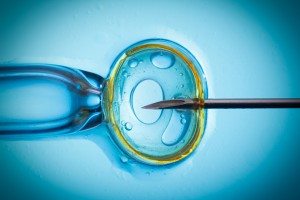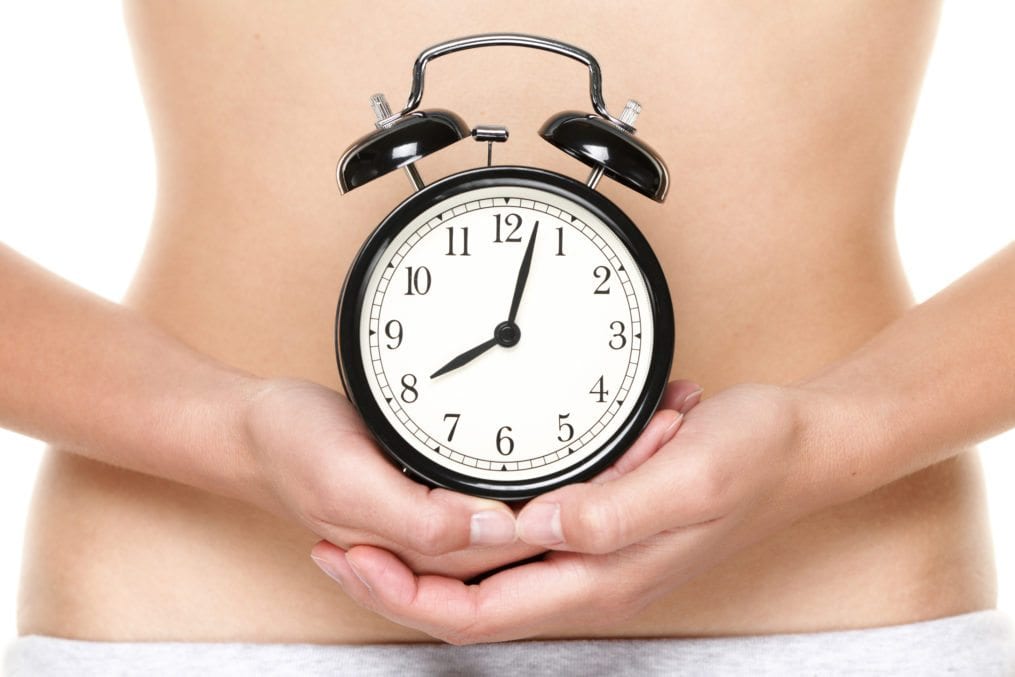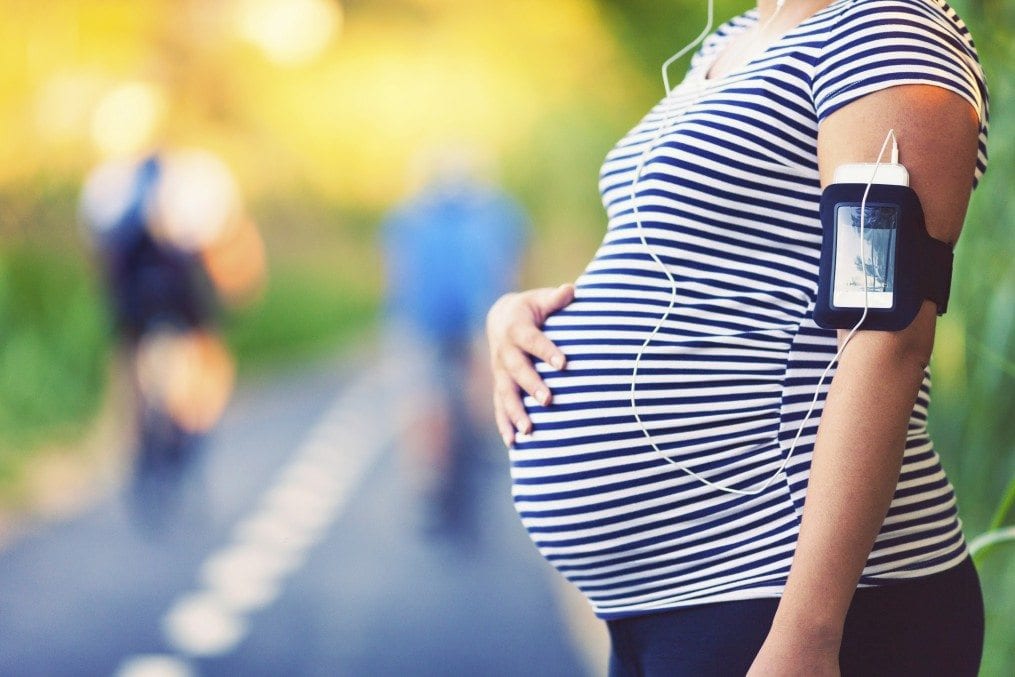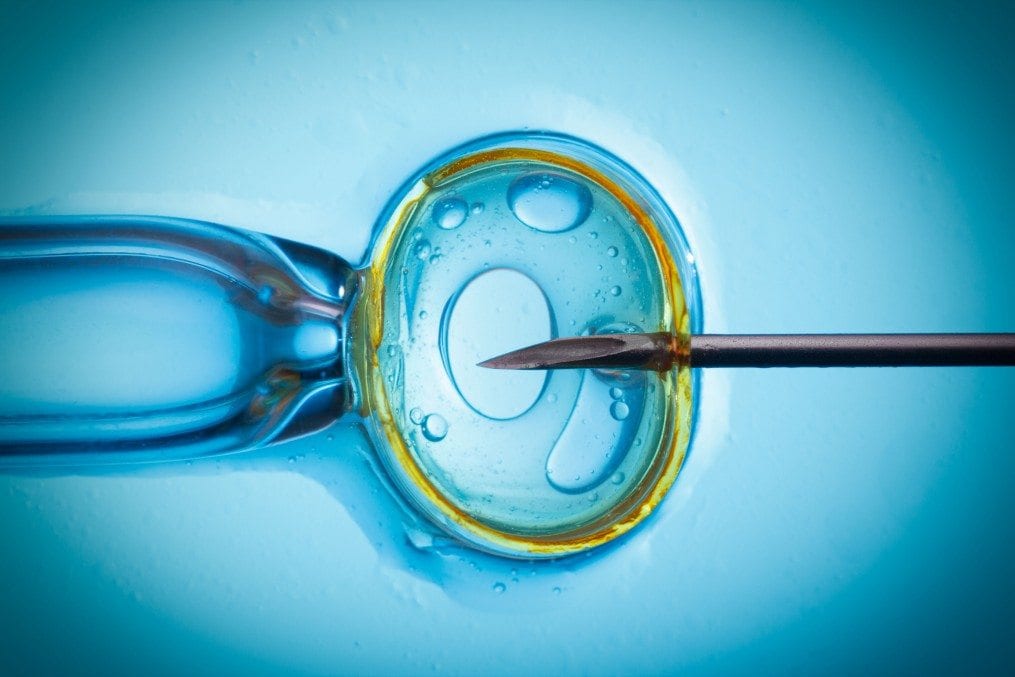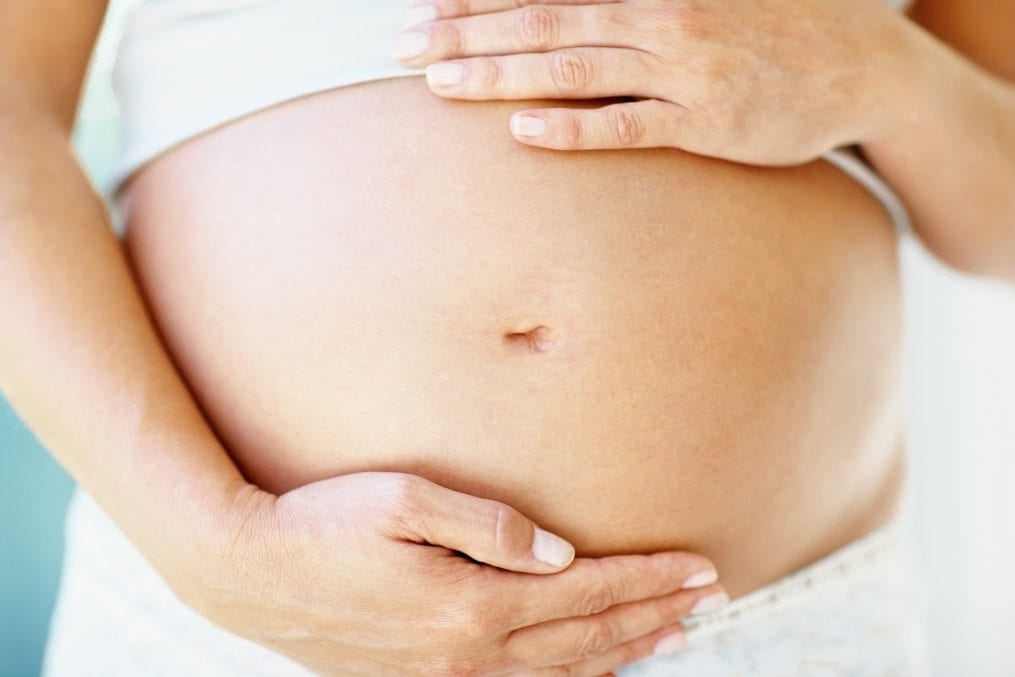Health A-Z: Fertility and pregnancy
 Deciding you’re ready to have a baby is an exciting stage in your life. But it’s easy to feel daunted, too, with the vast amount of conflicting information on fertility and pregnancy. In women, fertility declines rapidly after the age of 35, when the quality of the eggs released by the ovaries diminishes.
Deciding you’re ready to have a baby is an exciting stage in your life. But it’s easy to feel daunted, too, with the vast amount of conflicting information on fertility and pregnancy. In women, fertility declines rapidly after the age of 35, when the quality of the eggs released by the ovaries diminishes.
But you can take steps to boost your chances of conceiving and having a healthy pregnancy. Knowing your menstrual cycle improves your chances of getting pregnant. Some people use ovulation kits or temperature charts to chart their most fertile time, but many experts advise against this as it can cause unnecessary anxiety.
If you’re hoping to get pregnant, having sex every two or three days throughout the month will give you the best chance. Eating a healthy diet, cutting down on alcohol, keeping to a healthy weight and getting exercise can all help.
How old is too old to get pregnant? Read the latest findings here